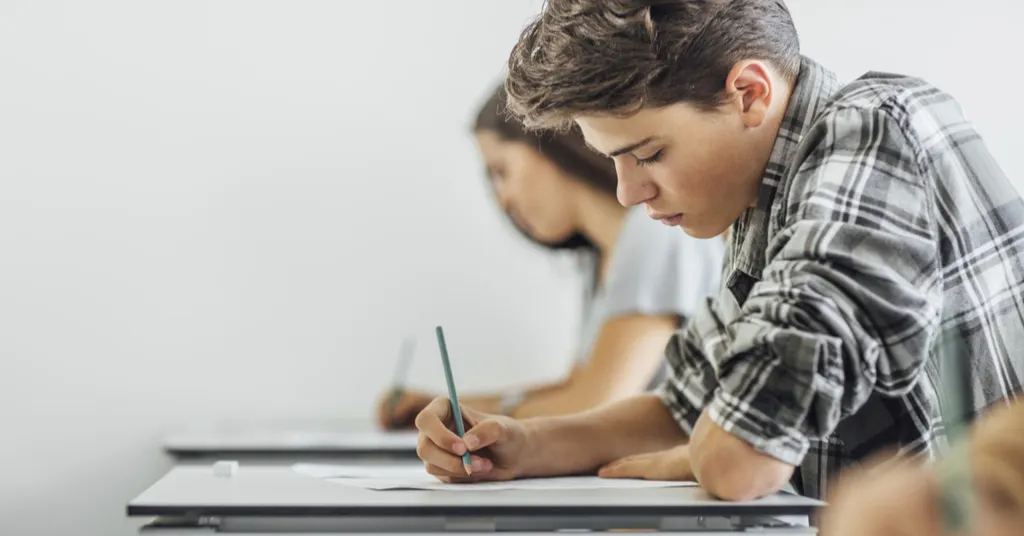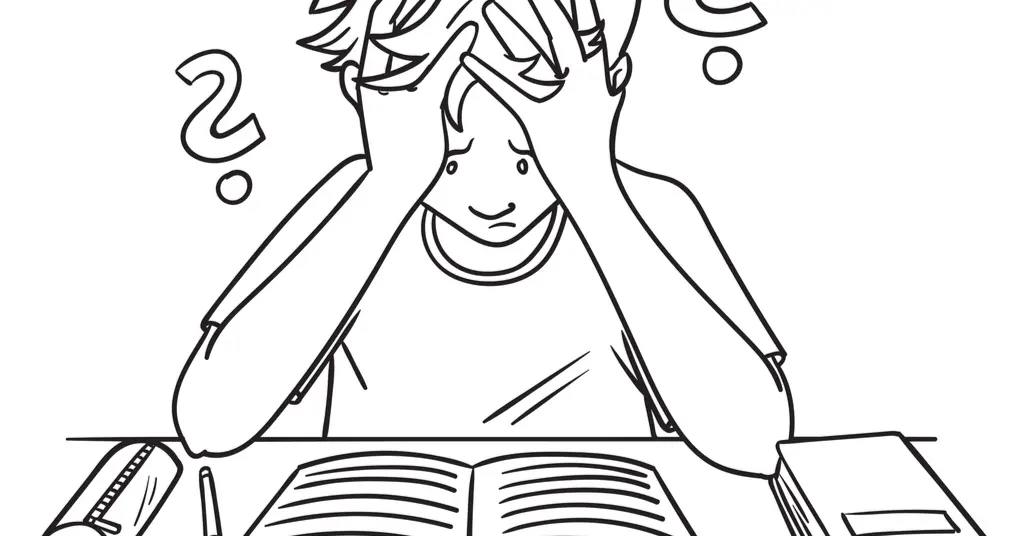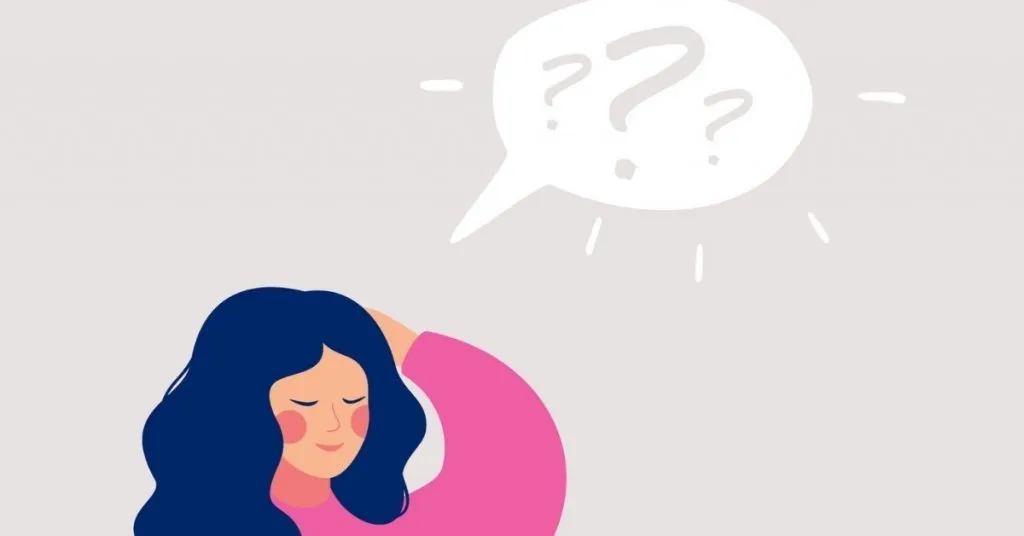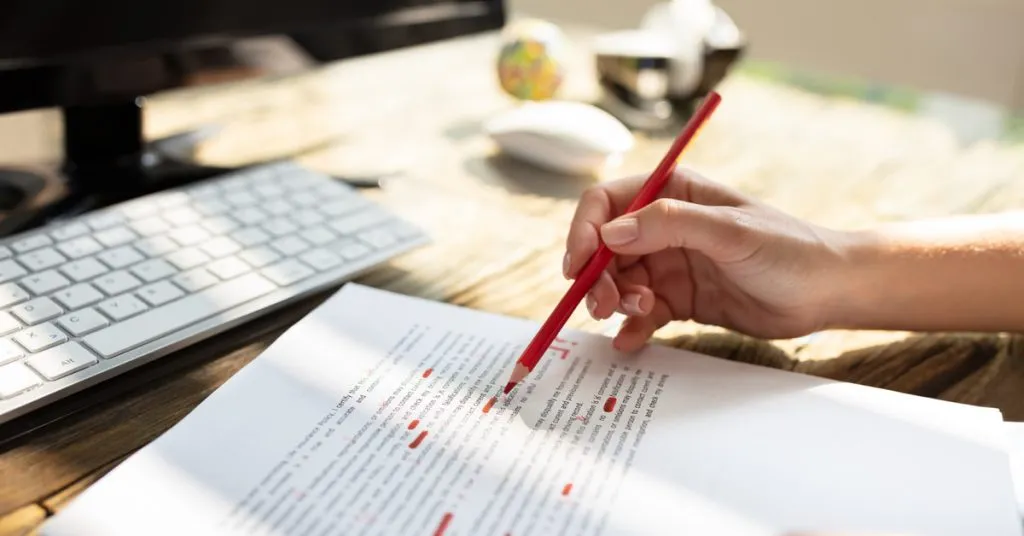What Are Experimental Questions on the SAT? How to Recognize Them
SAT® experimental questions (also called pretest questions) are questions the College Board is testing for possible use on future exams. They appear alongside scored questions, but they do not count toward your score.
In practice, you cannot reliably identify which questions are experimental while you are taking the test. They are intentionally designed to look like standard SAT items, so students treat every question seriously and respond naturally.
That means your best approach is to assume every question matters and focus on pacing and accuracy instead of trying to spot an “experimental section SAT” moment that is not labeled.
How Experimental Questions Work on the SAT Test?
So, does the SAT have experimental questions? Yes, the test includes unscored items mixed into the exam so the College Board can try out new questions under real testing conditions. That uncertainty is also why many students later ask about SAT experimental questions, especially on the digital SAT, once they notice a few items that felt unfamiliar. The key point is that the experimental questions digital SAT format is designed to feel identical to scored questions, so students do not treat them differently.
Here’s what to know about how the process works:
- They are embedded inside the test. There is no clearly labeled “sat experimental section,” and you should not expect a separate block called an “experimental section SAT” within the overall module structure explained in the SAT exam and test information details.
- They look like normal SAT items. An experimental question SAT can appear as any standard Reading and Writing or Math question type.
- They are used for test development. The goal is to see how students perform on potential future questions, including difficulty level, common wrong answers, and timing patterns.
- You cannot plan around them. Since you cannot reliably identify which items are experimental, trying to guess can hurt pacing.
How Should Students Handle SAT Experimental Questions?
Since experimental questions are blended into the digital SAT, the real challenge is not recognizing them but managing your approach under timed conditions. Your goal should be to stay calm, follow a consistent decision-making process, and keep your pacing intact even when a question feels unfamiliar.
Here’s how to handle SAT experimental questions the right way.
Use your normal pacing and move on quickly when stuck
Students often worry that they might be wasting time on questions that do not affect their score, which is why many ask whether experimental questions on the SAT actually count. But since you won’t know which questions are unscored, the best time-saving move is a consistent pacing rule:
- If you can solve it confidently, answer and move on.
- If it is turning into a time sink, eliminate what you can, make your best choice, and keep going.
This is also why full-length timed practice matters. When you take a realistic SAT practice test, you build the habit of making smart time decisions without spiraling on one tough question.
Focus on skill-building, not “spotting” an experimental question
Trying to identify digital SAT experimental questions is basically a guessing game. A stronger payoff comes from mastering the skills that show up again and again, especially in Reading and Writing. If you need a quick refresher on what that section tests, review the skills and question types in the SAT Reading and Writing section overview and target the areas where you consistently lose points.
Words-in-context questions get easier when you can quickly break down unfamiliar terms, and SAT vocabulary tips reinforce that skill through common roots, prefixes, and suffixes.
Practice enough questions to stop second-guessing
One of the biggest benefits of doing lots of high-quality practice is that you stop wondering whether a question is “real” and start recognizing what it is testing. Building that pattern recognition is easier with a tool like the SAT QBank, since it gives you repeated exposure to the same concepts in different forms.
Review mistakes in a way that improves your score
Because you will never know which questions were experimental, your review should focus on what you can control:
- What question type was it?
- What skill did it test?
- Why did you miss it (concept gap, misread, careless mistake, or timing)?
Then tie your practice back to your goal score by tracking progress the way the SAT scores system reports performance.
Use the prep format that matches your learning style
If you want guided lessons plus structured practice, a SAT course helps keep prep organized. If you learn best with a more linear, offline resource you can annotate, SAT books can support concept review alongside digital practice.
Bottom line: No matter how many experimental questions show up in the SAT, you cannot identify them during the test. The best strategy is to keep your pacing steady, use a consistent decision process, and prepare with enough repetition that unfamiliar questions do not throw you off.




